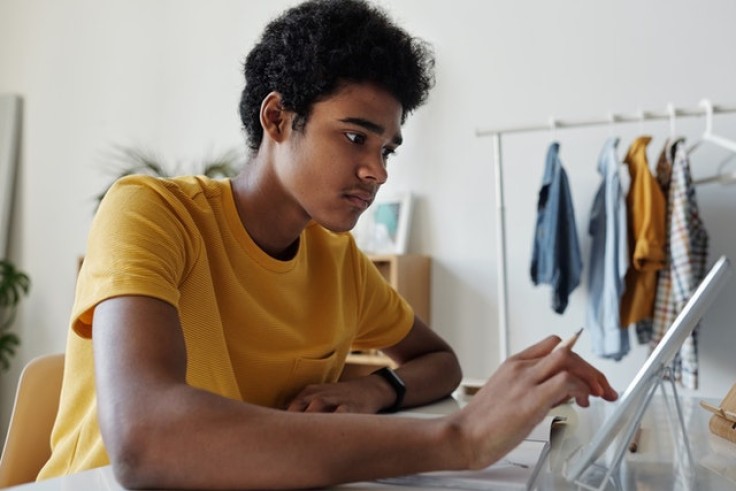
Video calls may seem like a good solution for remote work. However, it wears on the psychological factors in complicated ways. It can also be a reminder of the changes that are not expected in your child's life, and others as well.
The coronavirus disease or COVID-19 pandemic has paved way for what we now call, New Normal. With this "new normal," people are forced to adapt to modern technologies for their education, work, and socialization among others.
With this, people have been having a hard time, especially children.
Catherine Pearson shared in an article published by HuffPost that her 5-year-old has gone from being excited about video calls for school and virtual play dates to hating it all. She also said that there are times that her son is into it, but more often, he whines and mopes, then immediately slips into a funk. The same goes for her son's official school meetings and casual digital hangouts with their family and friends.
This may seem like a normal mood swing for a child; however, it is not.
The Zoom fatigue
Many people, not just children, have been reporting similar experiences regarding this new way of socialization that it has earned its own slang term - Zoom fatigue. However, such exhaustion also applies whether you are using other video calling applications or interfaces.
The unprecedented explosion of such usage in response to the pandemic has launched an unofficial social experiment, showing at a population scale what's always been true: virtual interactions can be extremely hard on the brain.
Many children all over the country have been doing bulk loads of their school requirements online and virtually, a scenario that can possibly continue for the next coming school year. And as parents, you need to be more understanding of their behavior regarding this matter.
Understand their behavior
Education experts report that video calls can be a sudden reminder to children of how different things are in their worlds right now. They might be adjusting well in their new at-home routines well right now, but seeing their friends and teachers only virtually can quickly snap them out of it.
Lee Scott, chairwoman of the educational advisory board at The Goddard School, a private early education provider, said that children are tired of not being able to see people face to face, and video calls are their reminder that they cannot do that.
Stephen Cochrane, an associate professor for the California School of Education at Alliant International University, reasoned out that it is indeed different than live interactions. He said that when children are in school, they are developing relationships, and that piece is difficult to replicate through video conferences.
For now, support your children, and communicate with them as much as you can. Give them some control over when they have video calls, and if they get bored, plan social activities with a clear structure that they can enjoy. Finally, remember that in a lot of ways, this situation is even harder for them than it is for adults